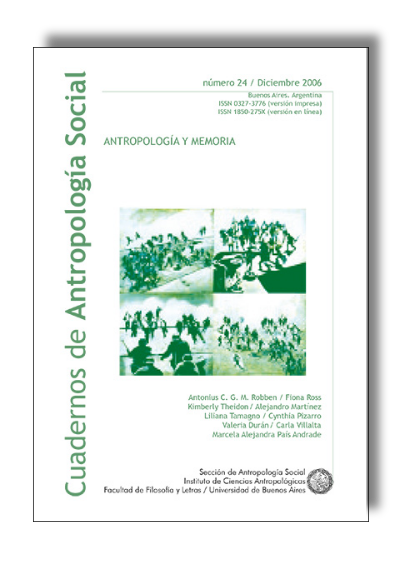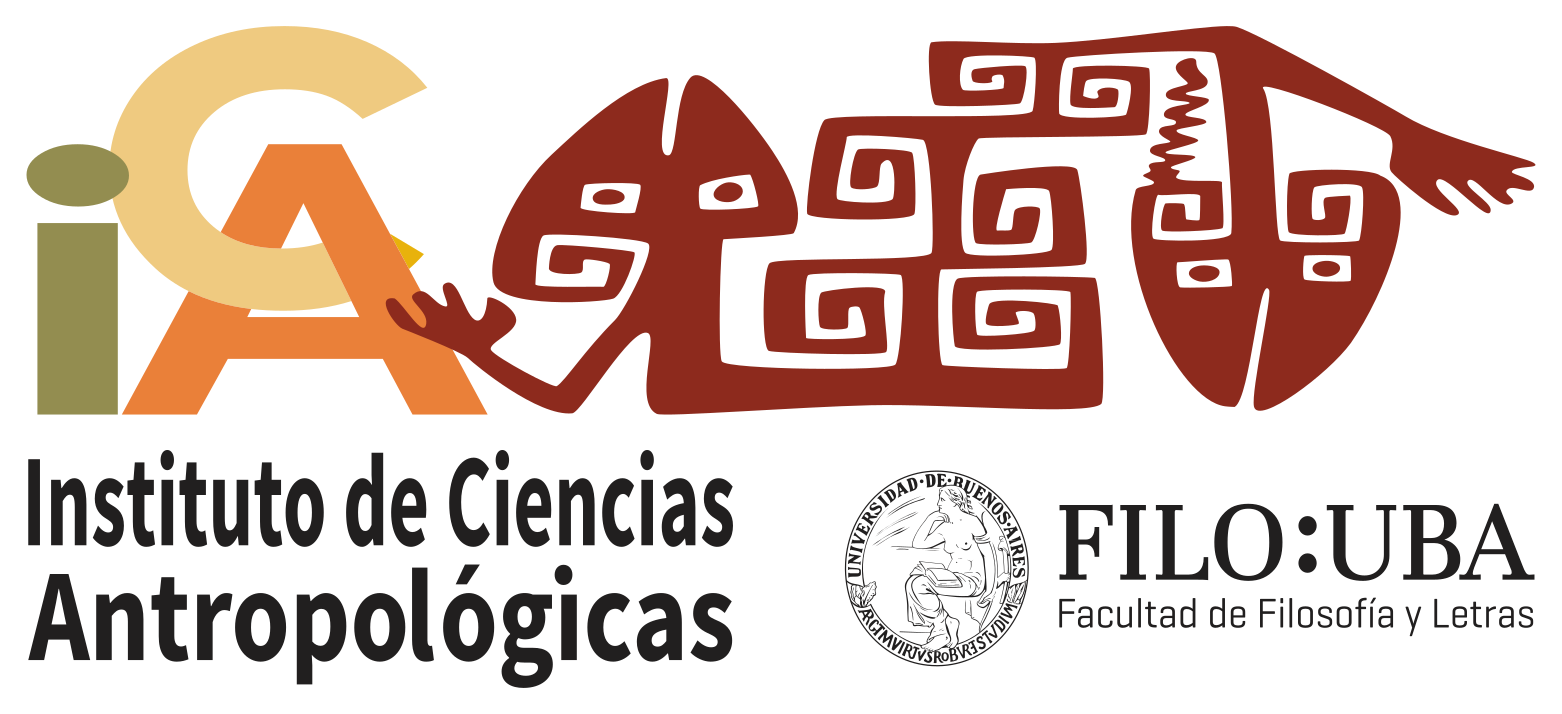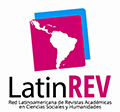El asalto a la confianza básica: desaparición, protesta y re-entierros en Argentina
Abstract
The Argentine dirty war that raged from 1976 to 1983 was a massive assault on the foundation of the social contract. The violence unleashed penetrated deep into the homes of the Argentine people, and disrupted the relations of protection, safety, trust, and love that dwelled there. Nearly two thirds of all disappeared were abducted at home. I shall argue that the disappearances carried out in the intimacy of the home invaded the primary object-relation of parent and child, and provoked intense guilt feelings among the surviving parents about having failed to protect their adult and adolescent children. It was at this intersection of the political and domestic domain that parental trust and protection became mobilized. I shall conclude that the politicization of the dead by the military led mothers to cope with their separation anxiety either by a projective search for the human remains or by an introjective vindication of the revolutionary ideals embraced by many disappeared before their abduction.Downloads

Esta obra está bajo una Licencia Creative Commons Atribución 4.0 Internacional
Cuadernos de Antropología Social sostiene su compromiso con las políticas de Acceso Abierto a la información científica, al considerar que tanto las publicaciones científicas como las investigaciones financiadas con fondos públicos deben circular en Internet en forma libre, gratuita y sin restricciones.
Los contenidos y opiniones expresadas en los artículos publicados son de entera responsabilidad de sus autores.
Los autores/as que publiquen en esta revista aceptan las siguientes condiciones:
- Los autores/as conservan los derechos de autor y ceden a la revista el derecho de la primera publicación, bajo la licencia de atribución de Creative Commons, que permite a terceros utilizar lo publicado siempre que mencionen la autoría del trabajo y a la primera publicación en esta revista.
- Los autores/as pueden realizar otros acuerdos contractuales independientes y adicionales para la distribución no exclusiva de la versión del artículo publicado en esta revista (p. ej., incluirlo en un repositorio institucional o publicarlo en un libro) siempre que indiquen claramente que el trabajo se publicó por primera vez en esta revista.















